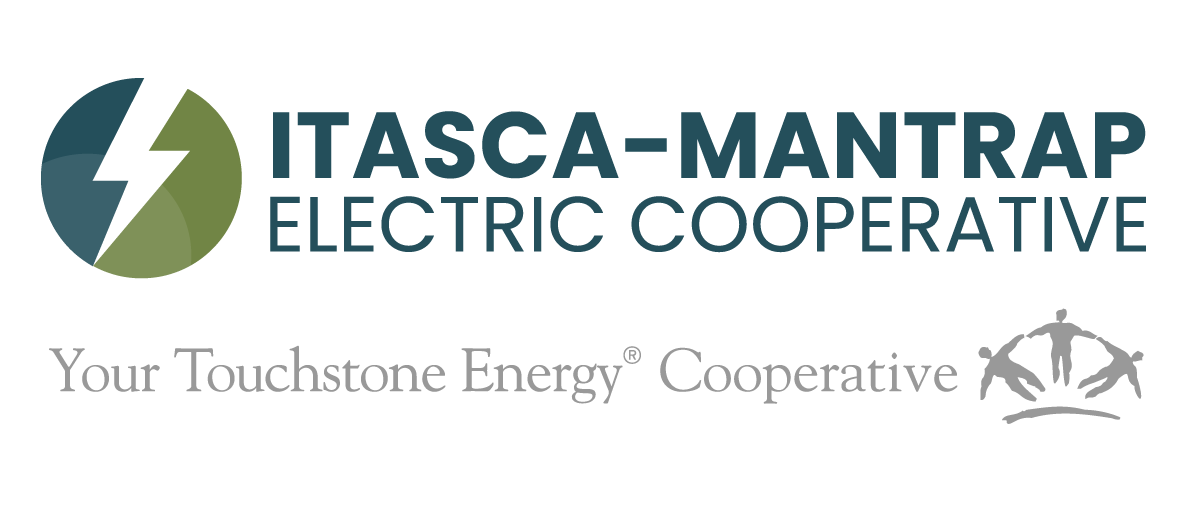Navigating Change: Net Metering, Nuclear Energy, and Your Co-op's Voice at the Capitol
by: Steve Johnson, President and CEO
This past month, I had the opportunity to spend several days with two of our directors, engaging in discussions on key legislative issues with our state lawmakers. While Itasca-Mantrap has always been actively involved in political matters, certain legislative issues have a greater impact on our cooperative at different times. This year, there are three legislative issues we are focusing on, and I would like to take a moment to explain why they are critical to our cooperative and our cooperative members.
Net Metering: Local Impacts of Oversized Systems
Under current net metering laws, we are witnessing a growing trend of residential net-metered systems being sized to the state’s maximum limit of 39.9 kW per installation. This enables participants to produce and sell more electricity to the cooperative than they consume. By law, we are required to purchase this excess energy from our member at our average retail rates. Essentially, this means we are paying a premium for electricity that we could purchase for much less from our wholesale power supplier, Great River Energy. Electric cooperatives, including ours, have long advocated for a size-to-load provision. This would allow members to offset their own energy use, as originally intended by the net metering laws, while safeguarding the membership who may not wish to or cannot afford to install their own generation systems. We fully support the reform of the net metering statute.
Nuclear Energy
Itasca-Mantrap is part of a coalition through Minnesota Rural Electric Association (MREA), working to lift the nuclear moratorium which bans the ability for us to even discuss the benefits of new reactors in Minnesota. Fun fact: Minnesota is the only state in the nation which outright bans new reactor investigation or construction. Due to this fact, there has been a bill introduced within the House, HF 9 proposing to lift/abolish the state’s nuclear moratorium. The House Energy Committee has heard this bill already and it is being reviewed throughout the legislative bodies. This bill also includes provisions for carbon capture and large hydroelectricity to count toward the state’s goal of achieving 100% carbon-free energy by 2040.
In the Senate, the Energy Committee is reviewing two additional bills: SF 350, which proposes to lift the nuclear moratorium, and SF 468, which specifically addresses small modular reactors under 300 megawatts. This is going to be a heavy lift to get this moratorium repealed, but it is a fight worth fighting – we are asking for our state to look at the possibility of utilizing nuclear to meet growing demand and nothing more at this point. Itasca-Mantrap supports the removal of Minnesota’s nuclear moratorium.
Property Tax Exemption
The property tax exemption legislation, SF 132 has been carried over from previous sessions. Historically, the Minnesota Department of Revenue (DOR) has excluded cooperative-owned rural meters and streetlights from rural electrification property taxes. We are not completely immune from paying taxes on this infrastructure as we are required to pay a per-member tax annually based upon our total membership. This legislation would preserve that exemption.
The Senate Taxes Committee has heard this proposed legislation, with the Minnesota DOR providing testimony in favor of the bill. A companion bill will be introduced in the House, and the governor has included this policy in his proposed tax bill. We strongly support this legislation.
We welcome your advocacy on these legislative issues. Contact your representative to voice your support for our rural cooperative. Itasca-Mantrap’s mission remains steadfast: to “Serve Our Members” with excellent service.
